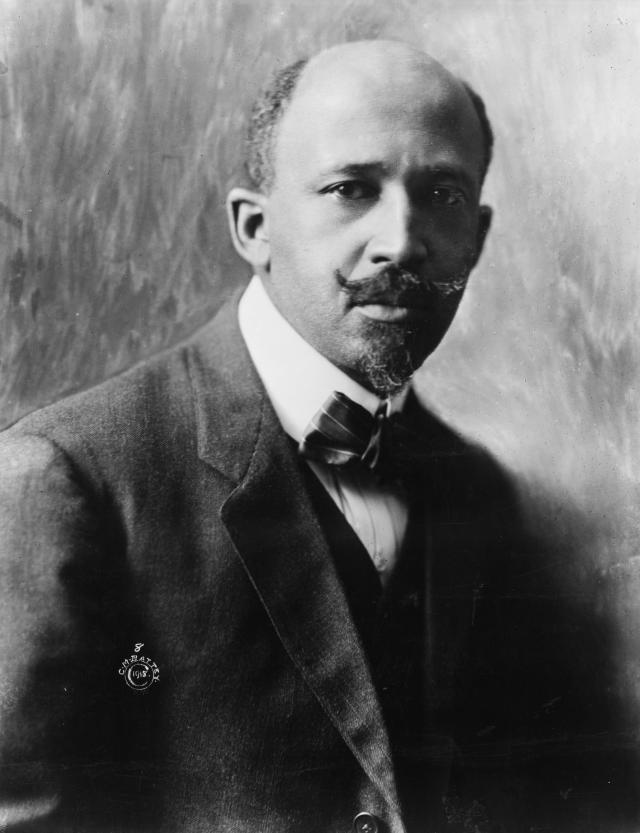In this episode, John is joined by his colleague, Dr. Breea Willingham, to discuss her multiple forms of work on higher education in prisons, both within and without academia. Their conversation about the new Journal of Higher Education in Prison, the Jamii Sisterhood, the States of Incarceration Project, and being a Black woman abolitionist in the discipline of Criminal Justice raises several pressing questions: how does one define an academic field that seeks to abolish the need for that very field? How do Black women scholars enact political practices between academic institutions that reject them and carceral systems that would capture them? What is abolitionist pedagogy at a rural PWI in a county and region structured by their carceral warehousing of Black and Brown people? How are Black women made hyper (in)visible by academia and by American society? Listen in as we engage these and related issues.
Requests for texts for us to discuss? Dreams for us to interpret? Advice questions for us to answer? Email us at alwaysalreadypodcast AT gmail DOT com. Subscribe on iTunes or Spotify. Follow us on Twitter. Like our Facebook page. RSS feed here. Patreon here. Thanks to Bad Infinity for the intro music, “Post Digital,” from their album FutureCommons; always already thanks to B for the outro music. For the mp3 of the episode click here.
Links:
- Dr. Breea Willingham on twitter and at the Jamii Sisterhood
- Volume I, Issue 1 of the Journal of Higher Education in Prison
- The Jamii Sisterhood on facebook, including the announcement of their Spring 2022 symposium
- SUNY Plattsburgh’s contribution to States of Incarceration, “Cuffs to Classroom: College in Prison — How Can Higher Education Redefine Mass Incarceration in New York’s North Country“; Mountain Lake PBS coverage of the exhibition
- Willingham’s TedXArcadia talk, “Blinded By My Black Skin: The Hyper (In)visibility of Black Women“







